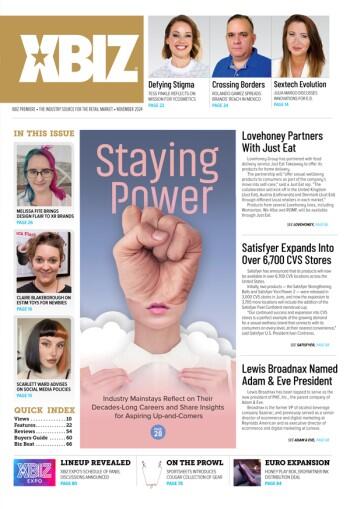LONDON — More than half of all U.K. WiFi hotspots allow access to porn, a new study has found.
Mobile security company AdaptiveMobile reported that mystery shoppers hit 179 places in London, Manchester and Birmingham and found that 51 percent of WiFi spots have no effective filtering in place.
And 30 percent of the U.K.’s cafés and restaurants allow free access to sites like PornHub.com, while 20 percent don’t restrict dating sites like AdultFriendFinder.com.
The research was also conducted in parallel with a U.S. investigation that found 72 percent of American cafés and restaurants have no porn restrictions, more than double than in the U.K.
Hotels in the U.K. were the most forgiving when it came to porn, according to the study, that found nearly 75 percent allowed access to adult content.
“For every parent across the U.K. this report will come as an unwelcome surprise,” AdaptiveMobile vice president of product strategy and business development, Graeme Coffey, said.
“In the last two years there have been two convergent trends: a big increase in public WiFi or ‘hospitality WiFi’ and greater access to smartphones, gaming consoles and tablets with a WiFi capability, the kind of device a child could have. Most people will instinctively block adult content when it comes to filtering, but what these results show is that we should also be looking at content related to drugs and violence which are just as harmful but frequently overlooked.”
Coffey said cafés, restaurants andhotels should talk to their ISPs and other bodies to understand the most appropriate filtering methods, especially for public areas like hotel lobbies. "It is certainly neither a simple nor a ‘one size fits all’ matter, and the community should work together to understand the issues and put a suitable policy in place,” Coffey, said.
In contrast to the private sector, U.K. government-owned property and public spaces such as train stations have the strongest filtering with 91 percent restricting access to porn.
“Having filters in public spaces is just as important as other restrictions such as the smoking ban and modesty covers on adult magazines,” Andy Phippen, professor of social responsibility in IT at the Plymouth Business School, said.
He added, “The fact that this protection isn't available in a significant proportion of publicly accessible sites will undoubtedly cause concern. However, we should also reflect on the effectiveness of some of those in place — simply having a filter doesn't necessarily mean everything is protected. These results should encourage public outlets across the U.K. to review the WiFi services that they have in place and ensure that they are fit for purpose and appropriate for their customers.”







